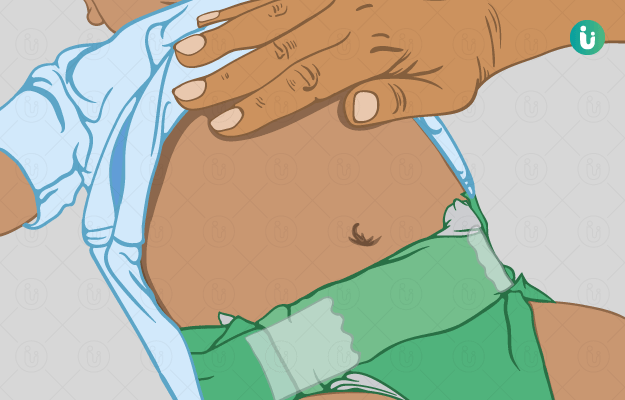What is colic?
Colic is a common condition among both adults and infants. However, typically colic refers to infantile colic which is seen in babies. About 1 in every 5 infants is affected by colic within the first couple of months of birth. Colic is a condition where infants cry inconsolably out of what is believed to be pain or discomfort in the abdomen. The child may continue crying for more than 3 hours daily for more than 3 days a week, which is what makes the diagnosis for colic.
Children cry to make their needs known. When the crying cannot be attributed to hunger, sleep, fatigue, heat or cold or a soiled diaper, it is safe to assume that the child is most likely suffering an attack of colic.
What are its main signs and symptoms?
When infants are either experiencing an attack of colic or are prone to it, you may notice:
- Irregular or disturbed sleep
- Feeding patterns which are disturbed, not regular or interrupted by crying
- Restlessness
- A sense of tension in the infant – clenched fists, arched back, knees pulled in and tense abdominal muscles
- Relentless crying, with no response to distraction, soothing or attention
- Patterns of disturbance and discomfort at similar times each day
What are its main causes?
Any infant is likely to develop colic. It is hard to predict that it may occur more commonly in the firstborn or in later childhood, or that it is more likely in bottle-fed infants than breastfed ones since all of them are equally vulnerable. Some of the likely causes of colic may be:
- Reaction to some substances present in the mother’s breast milk
- Lactose intolerance
- Indigestion
- Children whose mothers smoked during pregnancy
How is it diagnosed and treated?
Doctors normally run a simple examination to rule out any other possible causes for distress before diagnosing the baby with colic. It is unlikely that any tests or investigation will be carried out.
Most doctors would suggest being patient until the colic wears off and the child adapts. Some doctors may suggest avoiding cow’s milk if lactose intolerance is suspected, or keeping the mother off certain foods if the baby is breastfeeding.
(Consult a doctor with online treatment app)
Rocking, swaddling, and use of a pacifier are advised and helpful in most cases. Burping after feeds, and giving an oil massage before bath is helpful too.
Simethicone drops are sometimes given to help babies pass wind easily and find relief.

 Doctors for Colic
Doctors for Colic  OTC Medicines for Colic
OTC Medicines for Colic


















